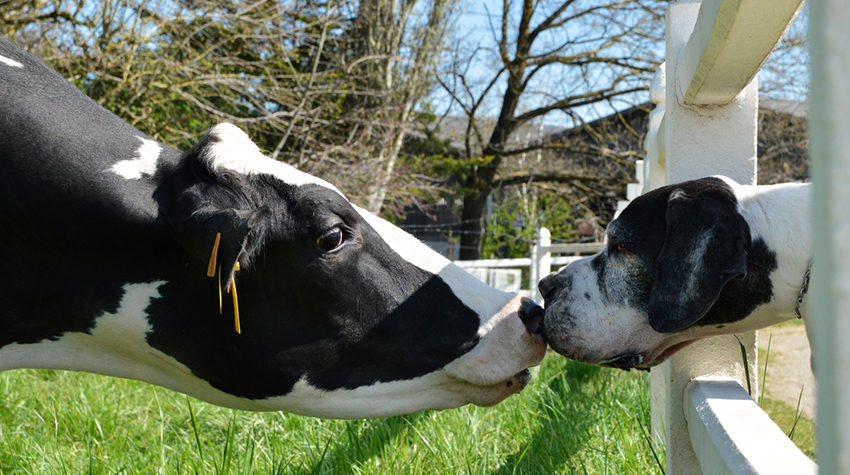
August 18, 2022Animal Law & Policy Program, Research PaperInternational perceptions of animals and the importance of their welfare
Most people everywhere care about the welfare of farmed animals according to new cross-cultural research led by ALPP Visiting Fellow Dr. Michelle Sinclair and 14 in-country collaborating co-authors
Our perceptions shape our intentions, our motivations, our behavior, and in doing so, our reality. In this age of the Anthropocene, our perceptions also impact the lives and welfare of other animals. One of the key principles associated with the success of international animal welfare initiatives is an understanding of local audiences and contexts. Additionally, culture by country has been demonstrated to be a significant determinant of attitudes to animals and their welfare. Within this study, we surveyed 4,291 members of the general public on their perceptions of animals and animal welfare across 14 geographically and culturally diverse countries; Australia, Bangladesh, Brazil, Chile, China, India, Malaysia, Nigeria, Pakistan, Philippines, Sudan, Thailand, United Kingdom and United States. For many countries included in this study, this constitutes the first time research of this nature has been conducted. Most participants across all countries agreed that the welfare of both farmed animals and companion animals was important to them, and that laws that protect that welfare were also important. The notion that humans always care more for companion animals in comparison to farmed animals is challenged, as is the notion that care for the welfare of animals is a trademark of highly developed nations alone. It is proposed that the utility of the animals, and proximity by way of exposure are more significant than companionship in some countries, particularly those that are engaged with subsistence farming. Important differences exist by country, and the findings have been presented within the context of each country, for ease of incorporation into localized strategy where suitable.
Read the full research paper in Frontiers in Animal Science.
